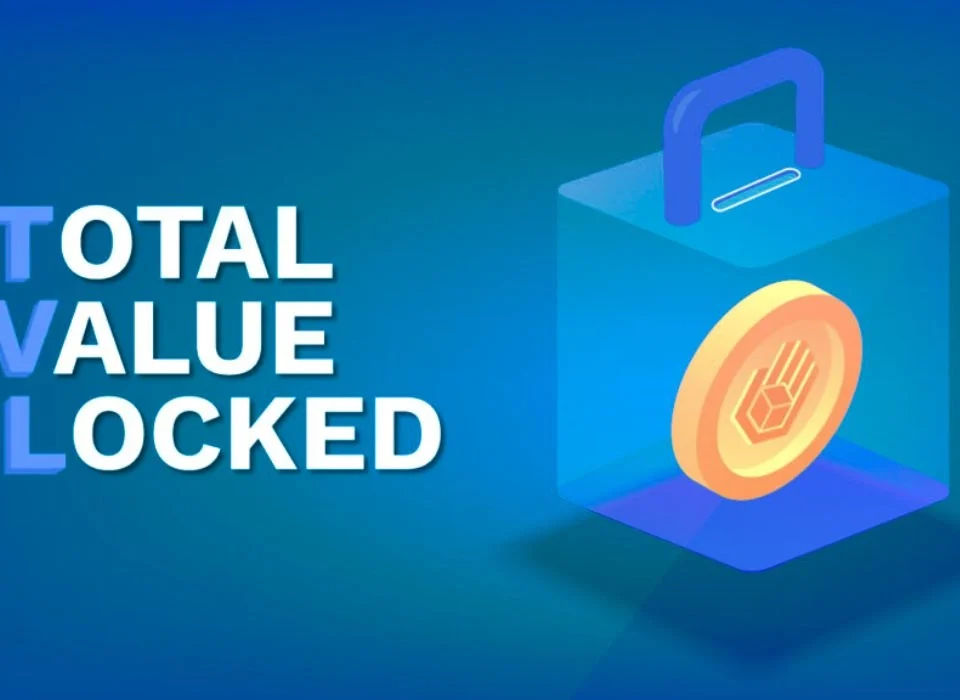
Russia Set to Intensify Cryptocurrency Regulations with Upcoming Legislative Bill
14/05/2024
Understanding Bitcoin: Origins, Usage, and Future Prospects
15/05/2024Introduction to Cryptocurrency: What You Need to Know
Cryptocurrency has become a buzzword in recent years, capturing the attention of investors, tech enthusiasts, and the general public alike. But what exactly is cryptocurrency, and why is it generating so much interest? In this article, we’ll explore the basics of cryptocurrency, its benefits, risks, and what you need to know to navigate this digital financial landscape.

What is Cryptocurrency?
Cryptocurrency is a type of digital or virtual currency that uses cryptography for security. Unlike traditional currencies issued by governments (such as the US dollar or the euro), cryptocurrencies operate on technology called blockchain. A blockchain is a decentralized ledger of all transactions across a network. This decentralized nature means that no single entity controls the currency, making it more secure and transparent.
The first and most well-known cryptocurrency is Bitcoin, created in 2009 by an unknown person or group of people using the pseudonym Satoshi Nakamoto. Since then, thousands of alternative cryptocurrencies (often referred to as altcoins) have been developed, including Ethereum, Ripple, Litecoin, and many others.
How Does Cryptocurrency Work?
Cryptocurrencies leverage blockchain technology to gain decentralization, transparency, and immutability. The blockchain is a chain of blocks, each containing a list of transactions. When a transaction is made, it is broadcast to a network of computers known as nodes. These nodes validate the transaction and add it to a block, which is then added to the blockchain.
One of the key aspects of cryptocurrencies is their security. Transactions are secured by cryptographic algorithms, making it extremely difficult for anyone to alter transaction data. This ensures the integrity and trustworthiness of the currency.
Benefits of Cryptocurrency
- Decentralization: Unlike traditional financial systems that are centralized and controlled by banks or governments, cryptocurrencies operate on a decentralized network of nodes. This reduces the risk of systemic failures and fraud.
- Transparency: Every transaction made with cryptocurrency is recorded on the blockchain, which is publicly accessible. This level of transparency reduces the likelihood of corruption and fraudulent activities.
- Security: Cryptocurrencies use advanced cryptographic techniques to secure transactions. This makes them highly resistant to hacking and other forms of cyber attacks.
- Lower Transaction Fees: Traditional banking systems and money transfers often involve high fees and charges. Cryptocurrency transactions typically have lower fees, making them a cost-effective alternative for international payments.
- Accessibility: Cryptocurrencies provide financial services to people without access to traditional banking systems. This can be particularly beneficial in developing countries where banking infrastructure is lacking.
Risks of Cryptocurrency
- Volatility: Cryptocurrencies are known for their price volatility. The value of cryptocurrencies can fluctuate wildly in a short period, making them a risky investment.
- Regulatory Risks: As cryptocurrencies are relatively new, they are subject to changing regulations around the world. Governments may impose restrictions or bans, impacting their value and usability.
- Security Risks: While cryptocurrencies themselves are secure, the platforms and exchanges where they are traded are not immune to hacks and breaches. Investors need to be cautious and use reputable exchanges.
- Lack of Consumer Protections: Unlike traditional financial systems, cryptocurrencies do not offer the same level of consumer protections. If you lose your cryptocurrency or it gets stolen, there is often no way to recover it.
- Scalability Issues: Many cryptocurrencies face scalability issues, meaning they struggle to process a large number of transactions quickly. This can lead to slower transaction times and higher fees during peak usage periods.
How to Get Started with Cryptocurrency
- Educate Yourself: Before investing in or using cryptocurrencies, it’s crucial to understand the basics. There are numerous online resources, courses, and books that can provide valuable insights.
- Choose a Reliable Exchange: To buy or trade cryptocurrencies, you’ll need to use a cryptocurrency exchange. Research and choose a reputable exchange with good security measures and user reviews.
- Secure Your Investments: Use hardware wallets or secure software wallets to store your cryptocurrencies. Enable two-factor authentication (2FA) and follow best security practices.
- Stay Informed: The cryptocurrency market is dynamic and rapidly changing. Stay updated with the latest news, trends, and regulatory developments to make informed decisions.
- Start Small: If you’re new to cryptocurrency, consider starting with a small investment. As you become more comfortable and knowledgeable, you can gradually increase your exposure.
Conclusion
Cryptocurrency represents a significant shift in the world of finance, offering a decentralized, secure, and transparent alternative to traditional currencies. While it comes with its share of risks and challenges, the potential benefits make it an exciting and promising technology. By educating yourself and staying informed, you can navigate the cryptocurrency landscape and make informed decisions about your financial future.
Link:
-
What is Blockchain
-
The Role of Blockchain in Digital Identity Verification
-
Best Home Mining Rigs: The Most Profitable Options for Home Mining
-
How to Use Crypto Portfolio Trackers: A Step-by-Step Guide



